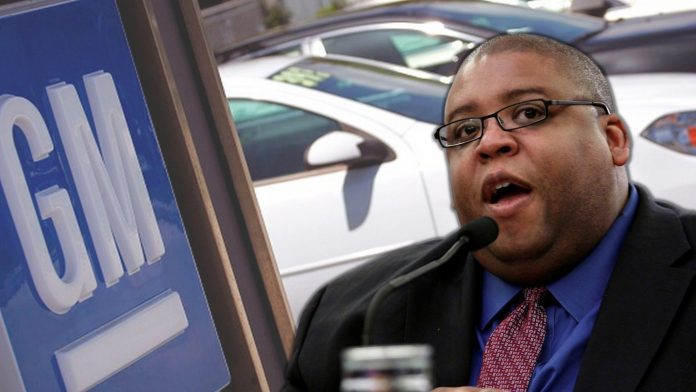General Motors has expressed concerns that the Biden Administration’s proposed modifications to car emissions regulations might result in hundreds of billions of dollars in fines for the entire industry by 2031. However, the Biden administration disagrees with GM’s claim.
On July 27, GM executive David Strickland met with the White House Office of Management and budget representatives to discuss the administration’s improved car fuel efficiency proposal. At the meeting, GM projected that if an Energy Department proposal to change the petroleum-equivalent fuel economy rating for EVs gets passed, the whole auto industry would face $100 billion to $300 billion in total penalties, or $1,300 to $4,300 per vehicle from 2027 to 2031.
The National Highway Traffic Safety Administration, NHTSA, which is in charge of Corporate Average Fuel Economy (CAFE) rules, stated that GM’s “estimate is pure speculation and inaccurate.” After receiving approval from the White House on July 25, the EPA will announce its proposal to raise the CAFE criteria for 2027.
According to a Biden administration official, the industry may pay fines for a poor fuel economy of around $3 billion in 2032 under one scenario or virtually none at all in another.
Other officials expressed the recommended CAFE proposal from NHTSA is expected to lower oil consumption by more than 88 billion gallons by 2050 and save consumers more than $50 billion on gas over a vehicle’s lifespan. The official noted that the measure would save taxpayers more than $18 billion.
GM, which in 2021 promised to stop selling new gas-powered cars by 2035, warned this month that it would have trouble complying with the criteria governing EV efficiency and vehicle emissions. In a statement released on July 27, the corporation expressed its eagerness for “further and increased technical dialogue with the EPA and the White House as the rule is finalized.”




